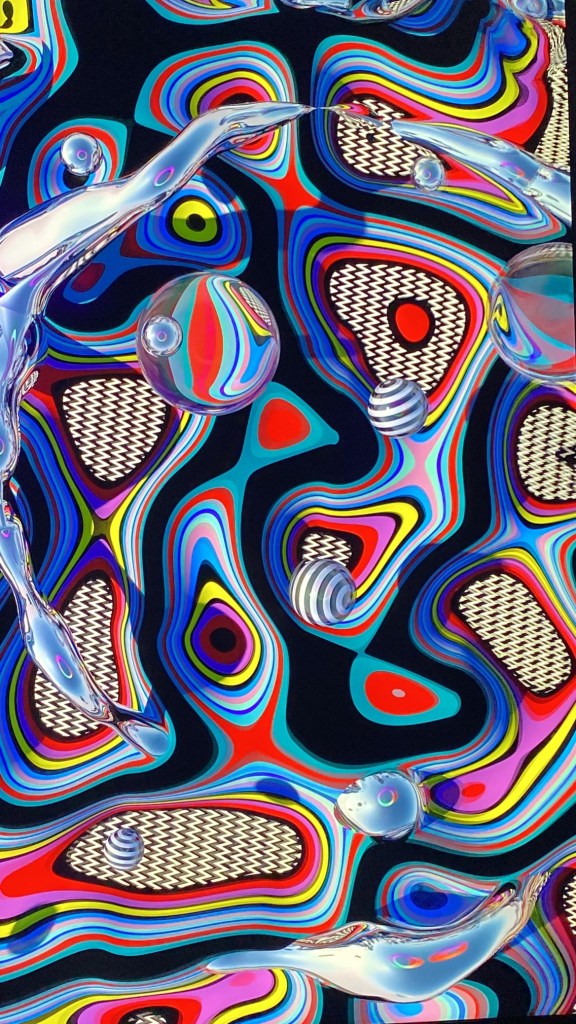Our Journey Starts in Bangkok, And Thoughts About A Few Differences Between Thailand And Japan





















Our Journey Starts in Bangkok, And Thoughts About A Few Differences Between Thailand And Japan
There are a few reasons we chose to start our journey in Thailand.
We love Thailand and the Thai people, and admire the Thai version of Buddhism.
I also love the diversity, variety and open mindedness of most Thai people, and I love the ease with which you can get things done in Thailand.
But the main reason that we will be starting in Thailand is that we need to have a base in Asia, where we can store our heavy diving equipment when we go to Japan to walk a long pilgrimage with only light backpacks.
You might ask, why not store our diving gear in Japan…
Well, I am glad you asked.
In the past, it has proven almost impossible to store heavy luggage in Japan for more than 30 days.
A variety of hotels we have stayed at, refused to store our luggage for more than a few days, and almost all luggage storage companies, which charge hefty fees, still would not store anything for three months.
There are a few mini storage companies around Japan, where Japanese people or foreigners residing in Japan can store their things for a few months.
I contacted some of of these storage and self-storage companies, asking if I could store my diving gear with them for a few months.
My emails were forwarded to headquarters, since no Japanese employee was willing to take the responsibility of possibly making a wrong decision.
Headquarters replied that since I do not have a Japanese residency card, I am not allowed to store anything big or small with them.
They also added that diving equipment is expensive and possibly fragile (which is true, since I have diving cameras and lights), and that they would not store it because of the risk of damage or loss.
So that was that.
Good friends of ours who live in Taiwan offered to store our gear, but they themselves are world travelers, and I thought that it would be more complicated to hop in and out of Taiwan to pick up and store our gear.
In the Bangkok area, you can use public storage or self storage without any need of citizenship or residency cards.
But luckily we did not need to pay for storage.
Instead, we wrote an email to the apartment hotel that we usually stay at in Bangkok.
We used them as our base last year to store our gear, and they reassured us that they would be very happy to do it again.
Getting things done in Japan is not always easy.
There are many rules of conduct and regulations, even in daily speaking and interactions, which have created a somewhat rigid society, although the individual people are really wonderful, kind, sensitive and considerate.
This is one of the reasons that we gave up on our initial idea of buying a second home in Kyoto after selling our New Zealand home.
Foreigners are not allowed to open a bank account in Japan, and without a bank account you cannot pay for your utilities if you own an apartment in Japan.
The realtors and some real estate companies that deal mostly with foreigners, were willing to act as our agents and suggested that we could pay our real estate taxes and utility bills through them, but we did not like the idea of not having dominion over our own property and wondered what would happen if the realtor died or the company closed or if they raised their fees to very high levels.
All these plausible reasons dissuaded us from buying a second home without official residency status.
The are also major differences in the Buddhist religion and how it is practiced in Thailand and in Japan.
The Thai version of Buddhism, also practiced in Laos, advocates that anger is a major character fault that takes root in one’s soul and that needs to be uprooted in this lifetime, or it will spread like a damaging weed and ruin your search for enlightenment.
While other religions ask their devotees to be kind to one another, charitable and forgiving, reminding them that killing and stealing are sins, no other religion emphasizes the damage that anger does to one’s well being and inner peace.
Anger can destroy families, create wars and ultimately prevent one from living in harmony.
Anger can also be self-directed, leading to a harsh inner voice that criticizes and insults you, blocking you from reaching your destiny, which is bliss and enlightenment.
In Japan, there are many different versions of Buddhist schools.
Japanese Buddhism includes 13 traditional sects and nearly 100 sub-sects
The main Japanese Buddhist sects are the Shingon, Tendai, Pure Land Nichiren, and Zen
Nichiren Buddhism is a Japanese Buddhist movement in the Mahayana Tradition.
Devotees of Nichiren Buddhism believe that individual empowerment and inner transformation contribute, in turn, to a better and more peaceful world.
Beside the Buddha, the most famous deity is Kannon Bosatsu, who is the Goddess of mercy, advocating compassion.
Shingon Buddhism, which is the pilgrimage that we are going to do now, was made famous by Kobo Daishi, a powerful saint who performed miracles after his enlightenment, and built temples all over the land.
And then there is Zen Buddhism also known as Rinzai, Sōtō.
In Zen Buddhism, the priests go through many hours of harsh training with many strict regulations, in order to develop their characters beyond the comfort-seeking little self.
In Zen training, devotees discover the oceanic nature of our REAL Minds beyond the monkey mind, which is our “normal” thoughts emotions, complaints, whining, and shifting ideas.
They also dive in to discover a fountain of inner peace and joy, that has nothing to do with external circumstances, but simply streams out from the depths of our souls.
But getting to the inner fountain of peace and joy, is not an easy journey.
The meditation process is similar to the version of Vipasana meditation which I practice on occasion.
The Thai version of a Vipasana retreat requires participants to sit on the floor without back support on a thin cushion in meditation, for ten hours per day, with a few minutes break every hour to go to the toilet or to drink a glass of water.
There are also breakfast and lunch breaks, and a one hour silent walking meditation break in the afternoon.
There is no dinner eaten and participants are required to be in total silence for the whole ten days.
By being silent and observing your mind all day long, you can learn so much about the nature of our minds.
In Zen Buddhism as it is practiced in Japan, participants also sit on the floor without back support on a thin cushion in meditation for many hours per day, but they also do lots of work like cutting wood, scrubbing the temple floors, cooking and cleaning toilets.
But the biggest difference is that an attendant walks around the meditation hall, and lightly smacks those who have drifted off to sleep with a wooden bat.
To me, this is horrifying, but the belief is that he is doing it gently and for your own evolution, since enlightenment cannot be gained by sleeping.
In contrast, a Thai Buddhist master was once asked by one of his disciples:
“Master, what should I do?
The man sitting in meditation next to me, falls asleep immediately after the sound of the gong and the meditation session starts.
He snores loudly, and it is making me angry because all I can hear and think about, is his loud snoring.
Would I be doing him a favor by nudging or shaking him a bit to wake him up? What would you do?”
The Thai master smiled a beautiful smile and said: “If it were me, I would put his head on my lap so he could sleep more comfortably…”
With heartfelt smiles,
Tali
Most of the photos above are made with sound and light on illuminated screens.
They are not painted in the traditional style with paints.
We saw them at the Bangkok Art And Cultural Center.
The first image is of myself with a Thai Goddess Mother.
She is holding me in the palm of her hand and blessing our upcoming journey.
The statue of the Black Mother Goddess stands in the streets of Bangkok.